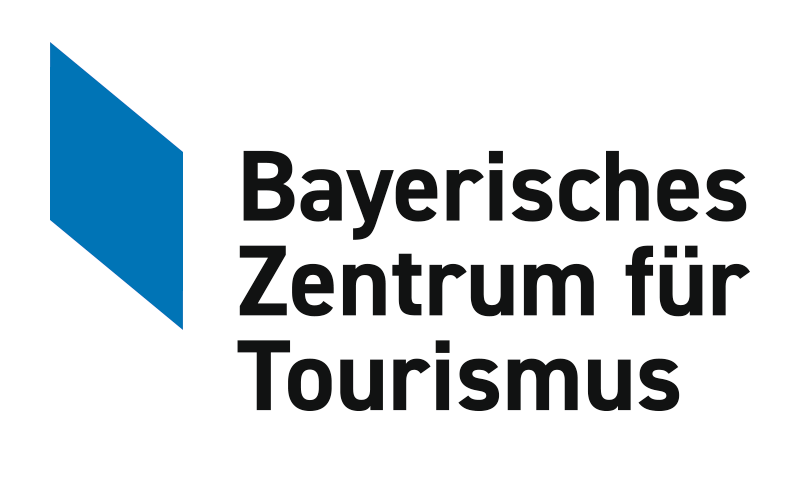
Travel participation of Germans before and during the COVID-19 pandemic – the effects of sociodemographic variables
The COVID-19 pandemic led to global disruptions – especially in tourism. As a result, travel participation decreased. Thus, the proportion of Germans (18–85a) travelling (≥5d) between March and December decreased from 76% in 2019 to 56% in 2020. To better understand who travels during the COVID-19 pandemic or not, we used two population-representative surveys of the German-speaking residential population. Applying a Gradient Boosting Machine, we compared the pandemic year 2020 (n = 5,823) with the non-pandemic year 2019 (n = 7,366). Considering 12 sociodemographic variables in two models, we predict their relative influence on the probability of leisure travel participation in the respective years. The 2019 model shows a relatively high accuracy (71%), whereas the accuracy of the 2020 model decreases to 59%, indicating that the variables used have lost importance. Results show, e.g. that household income and age are the two most important predictors for travel participation. However, their importance reversed due to the pandemic, with age being the most relevant predictor for travel participation during COVID-19. Using Partial Dependence Plots, we compare the direction, impact, and functional form of all variables regarding travel participation for both years – and thus identify who travels during the pandemic.
